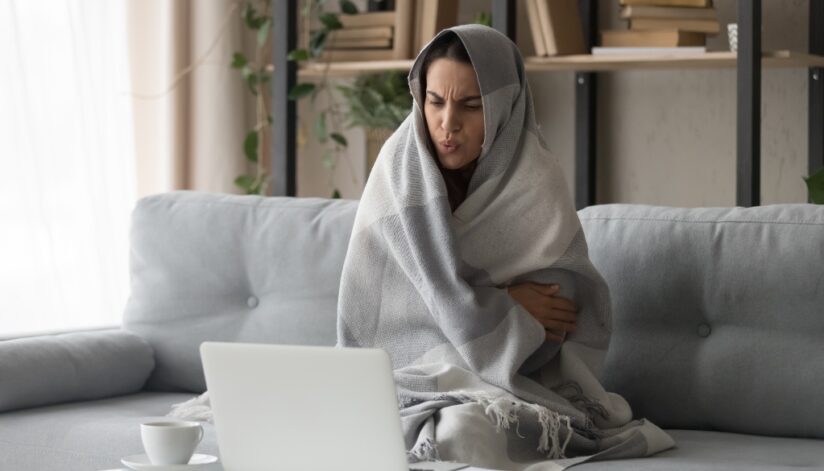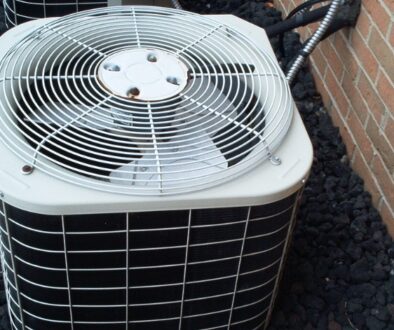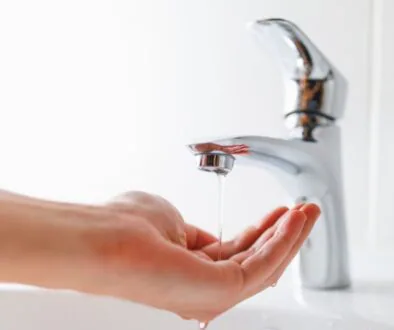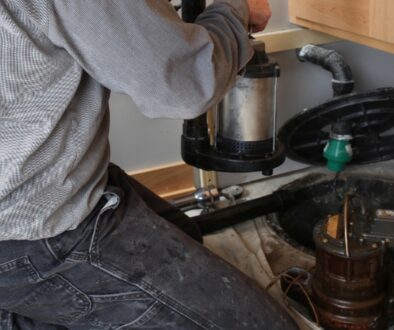How To Handle A Furnace Breakdown On A Winter Weekend
Winter in the Coulee Region, brings freezing temperatures that make a functioning furnace essential. But what happens if your furnace breaks down on a weekend? A furnace breakdown can quickly turn into an emergency.
At Niebuhr Plumbing, Heating, and Air Conditioning, we want to make sure you know how to stay safe and warm until a professional can fix your heating system. Here’s a step-by-step guide to handle a furnace breakdown emergency during a winter weekend.
Call for Professional Help Immediately
The first step when your furnace breaks down is to call a trusted HVAC professional for assistance. Even on weekends, Niebuhr offers emergency repair services. Contact a technician as soon as possible to ensure you’re on the repair schedule. Be prepared to provide details about the problem, such as unusual sounds, error codes, or when the furnace stopped working. Once you’ve made the call, you can focus on staying warm and safe until help arrives.
If you are in the Coulee Region and experiencing a HVAC emergency, please call our emergency line at (608) 782-1700.
Close Off Unused Rooms
To conserve heat, close the doors to rooms you’re not using. Focus on gathering in one or two well-insulated spaces to contain the warmth. Use heavy curtains or blankets over windows to block drafts, and place towels or draft stoppers at the base of doors to keep warm air from escaping.
Layer Up for Warmth
Proper clothing and blankets can make a significant difference in your comfort. Wear multiple layers, including thermal underwear, sweaters, and wool socks. Use blankets, sleeping bags, or throws to add extra insulation, especially at night. If possible, keep everyone in the same room—body heat can help maintain a warmer temperature.
Use Safe Alternative Heat Sources
While it’s tempting to use anything that produces heat, safety should always come first. Stick to these safe heating methods:
- Use electric space heaters with automatic shutoff features to prevent overheating or tipping hazards. Keep them at least 3 feet away from flammable materials.
- If you have a wood-burning or gas fireplace, use it safely to provide supplemental heat. Ensure the chimney is clean and the flue is open to prevent smoke or carbon monoxide buildup.
- Heating pads or electric blankets can help you stay warm without heating an entire room.
Never use your oven or stovetop to heat your home, as this can lead to fire hazards or carbon monoxide buildup.
Protect Your Plumbing
Without a functioning furnace, the risk of frozen and burst pipes increases. To minimize the risk:
- Let faucets drip slightly to keep water flowing through the pipes, as moving water is less likely to freeze.
- Open cabinet doors under sinks to allow warm air to circulate around plumbing fixtures.
- If temperatures drop significantly, consider shutting off the water supply and draining the pipes to prevent freezing.
Monitor For Carbon Monoxide
When using alternative heat sources, carbon monoxide poisoning is a serious concern. Ensure you have working carbon monoxide detectors on each level of your home, especially near sleeping areas. Avoid using unvented fuel-burning appliances like kerosene heaters or charcoal grills indoors. Check that vents and exhaust pipes are clear of snow and ice to prevent dangerous gas buildup. Find other safety tips to avoid carbon monoxide here. And if your carbon monoxide detector goes off, evacuate the home immediately and call emergency services.
Conclusion
A furnace breakdown during a winter weekend can be stressful, but knowing what to do can help you stay safe and warm until help arrives. Always start by calling a trusted HVAC professional to address the problem. Then, take steps to conserve heat, use alternative heating sources safely, and protect your plumbing.
At Niebuhr, we’re here to help keep your home warm and safe during Wisconsin winters. If you’re facing a furnace emergency or want to schedule a tune-up to prevent future breakdowns, call us at (608) 782-1700.




